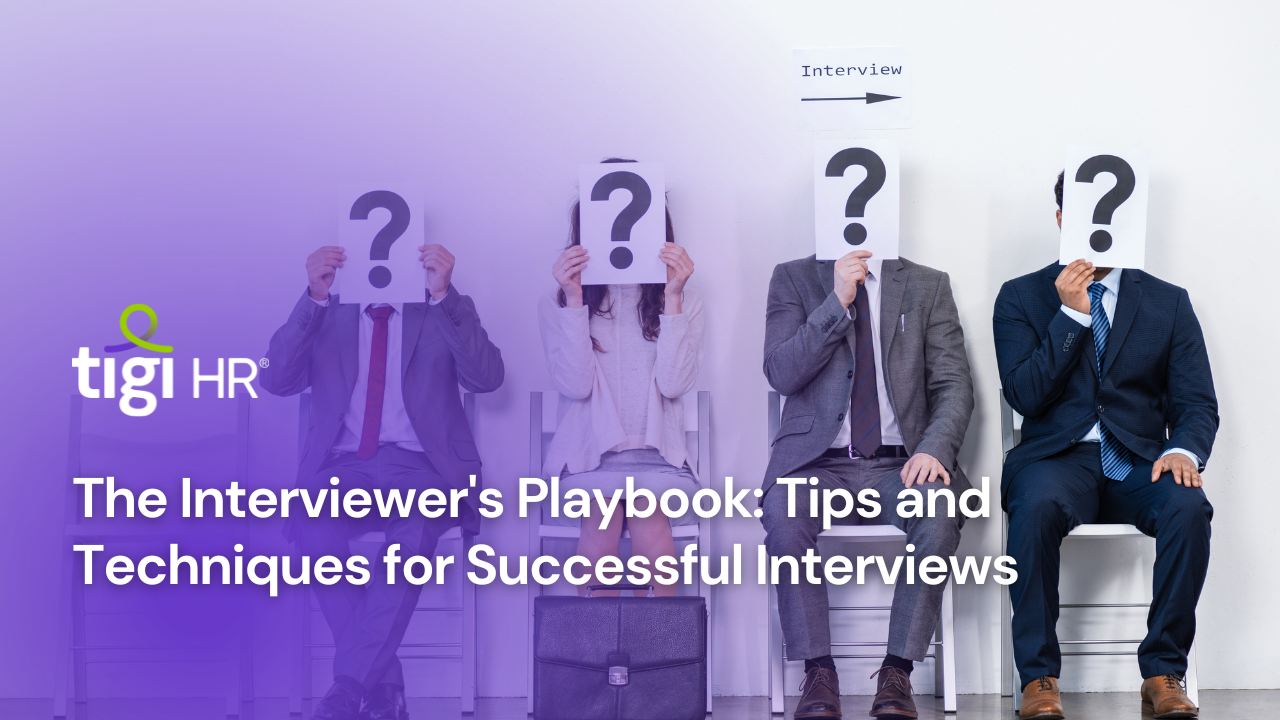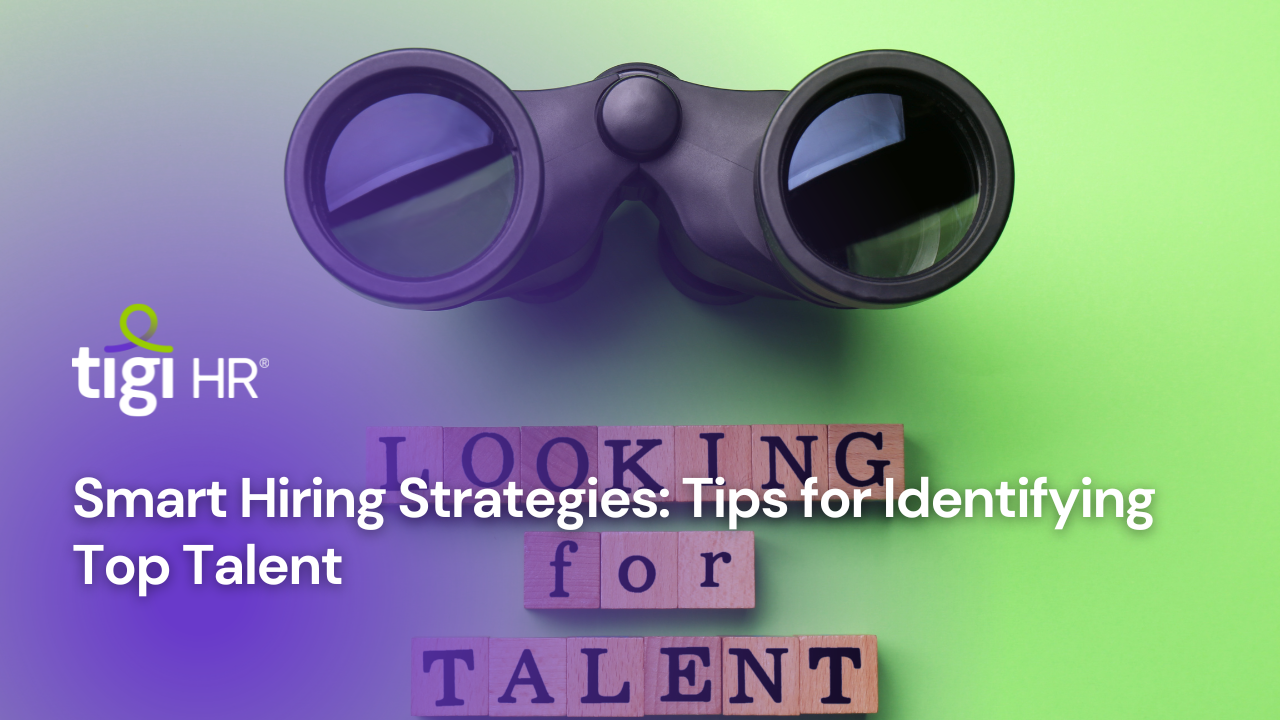Excerpt: Mastering the Interviewer’s Playbook for Successful Interviews
As an interviewer, the role extends far beyond asking questions—it’s about strategically evaluating candidates to find the perfect fit. Here’s a snapshot of essential techniques for conducting successful interviews:
### Preparing with Precision
Thorough preparation is the cornerstone of a successful interview. Familiarizing oneself with the candidate’s background and the job requirements allows for targeted and relevant questioning. This preparation ensures a comprehensive evaluation of a candidate’s qualifications.
### Creating a Positive Interview Atmosphere
Establishing a welcoming and professional environment sets the stage for a productive interview. Greeting candidates warmly and outlining the interview structure helps alleviate nerves, enabling candidates to present themselves more authentically.
### Mastering Questioning Techniques
Crafting open-ended and behavioral questions encourages candidates to delve into their experiences and skills. Employing the STAR method—Situation, Task, Action, Result—provides valuable insights into a candidate’s problem-solving abilities and past performance.
### Active Listening and Observational Skills
Listening actively and observing non-verbal cues during interviews offer additional insights into a candidate’s personality and communication style. This attentive approach goes beyond what’s said, capturing the nuances of a candidate’s responses.
### Assessing Cultural Fit
Evaluating a candidate’s alignment with the company culture is crucial. Incorporating culture-related questions helps gauge whether a candidate will thrive within the organizational environment.
### Mitigating Biases and Ensuring Fairness
Structured interview processes and standardized criteria minimize biases, ensuring fair assessments. Focusing solely on job-related competencies helps in making objective decisions.
### Offering Transparency and Feedback
Providing a realistic job preview and offering prompt feedback post-interview, regardless of the outcome, showcases professionalism and contributes positively to the candidate experience.
### Leveraging Technology for Efficiency
Utilizing technology, such as video interviews or applicant tracking systems (ATS), streamlines the interview process, improving efficiency and candidate management.
Mastering these techniques empowers interviewers to conduct effective interviews, ensuring the selection of candidates who not only possess the necessary skills but also align with the organization’s values and culture.





